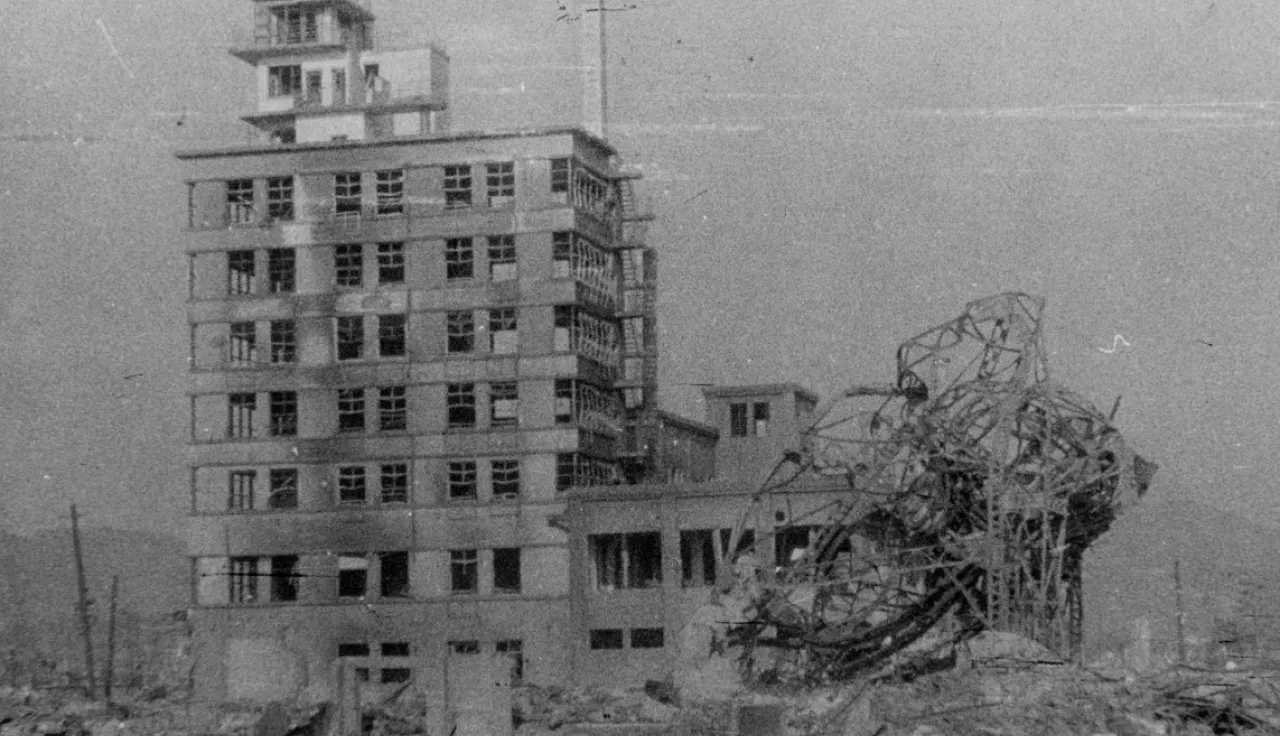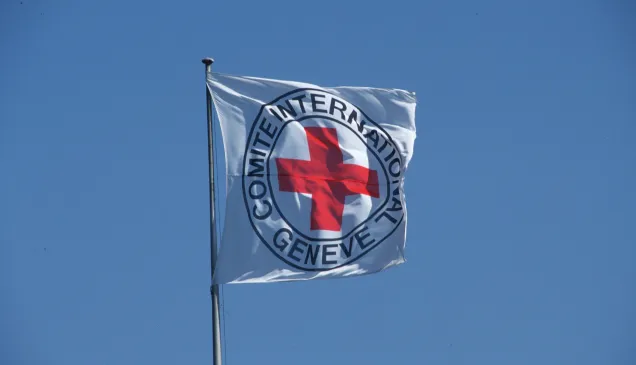Delivered by Yahia Alibi, ICRC's Deputy Permanent Observer to the UN.
Excellencies,
Ladies and Gentlemen,
Five decades ago, States concluded the NPT to prevent the devastation that would be visited upon all humankind by a nuclear war.
Today, the NPT remains a cornerstone of nuclear disarmament and non-proliferation efforts. However, progress on nuclear disarmament is urgently needed if the treaty is to maintain its credibility.
This Review Conference is an opportunity that comes at a critical moment and should not be missed.
The continued existence of nuclear weapons is one of the biggest threats for humanity. Their use would have catastrophic humanitarian consequences, capable of endangering the very survival of our planet.
There are currently over 13,000 nuclear weapons in the world, a number which, according to recent studies, is expected to grow. The risk that they may be used again – by accident, miscalculation or design – is unacceptable. Nuclear weapons continue to feature prominently in military doctrines and security policies. Technological developments increase their vulnerability to human errors and cyberattacks. And new nuclear weapons with allegedly more usable capabilities are being developed. Measures to reduce nuclear risks are urgently needed. They include unequivocal commitments never to use nuclear weapons first; their removal from high operational alert; and steps to reduce their role in security policies.
However, risk reduction is not a substitute for nuclear disarmament, a legally-binding obligation under NPT's Article VI. The only way to guarantee that nuclear weapons are never used again is by prohibiting and eliminating them.
At a time when, against the backdrop of the conflict in Ukraine, rhetoric around nuclear weapons is growing alarmingly and nuclear deterrence theories seem to be regaining vigour, it is critical to refocus the debate on what a nuclear weapon use – even a so-called low-yield "tactical" nuclear weapon – would mean for civilians and combatants, and for the natural environment on which we all depend.
Why is it so important to focus on the consequences of nuclear weapons? Because they are the benchmark against which the moral, ethical and legal acceptability of a weapon is to be judged, and deterrence theories are to be evaluated.
Indeed, while the professed purpose of nuclear deterrence is to maintain national and regional security, the existence of nuclear weapons poses major risks to human security – including individual and collective health, well-being, environmental and food security, as well as climate.
Accepting nuclear weapons as an indispensable instrument of security is an indefensible, dangerous logic. Most States today see nuclear weapons as a major source of insecurity for their populations and for future generations.
The ICRC and the Japanese Red Cross Society witnessed first-hand the horror and suffering brought upon Hiroshima and Nagasaki when the atomic bombs were unleashed in 1945, as they tried, in near-impossible conditions, to assist the dying and injured. The International Movement of the Red Cross and Red Crescent has since been calling incessantly for the prohibition and elimination of nuclear weapons.
Today, there is no international plan nor capacity to respond adequately to the consequences of a nuclear confrontation, which could lead to climate change, global famine and the deaths of millions of people. What we cannot respond to, we must prevent.
In the ICRC's view, it is extremely doubtful that nuclear weapons could ever be used in accordance with international humanitarian law. Any use of, or threat to use, nuclear weapons would be abhorrent to the principles of humanity and the dictates of public conscience.
There are several pathways to nuclear disarmament, but prohibition is an essential step. In this respect, the TPNW complements the NPT and supports its objectives. It is an effective measure in implementation of Article VI. It paves the way for future measures to govern the complex process of nuclear disarmament. Through prohibition, it creates a disincentive for proliferation.
We are at a critical juncture for nuclear disarmament.
NPT States Parties must make urgent progress on implementing their obligations and commitments, including those contained in the treaty itself and in the 2010 Review Conference Action Plan. The ICRC has submitted a Working Paper with recommendations on how this Review Conference can contribute tangibly to nuclear disarmament. These include, in particular:
- risk reduction measures,
- renewed commitment to the total elimination of nuclear weapons,
- cooperation with the TPNW regime and disarmament education.
NPT State parties should explore complementarity with the TPNW and the opportunities it offers towards achieving a nuclear-weapon-free world and with regard to nuclear weapons' victims assistance and natural environment damage remediation.
This Review Conference should keep the catastrophic humanitarian consequences of nuclear weapons at the center of its debates and decisions.
Nuclear disarmament is a common responsibility and an urgent humanitarian imperative.
I wish you every success in your deliberations.




